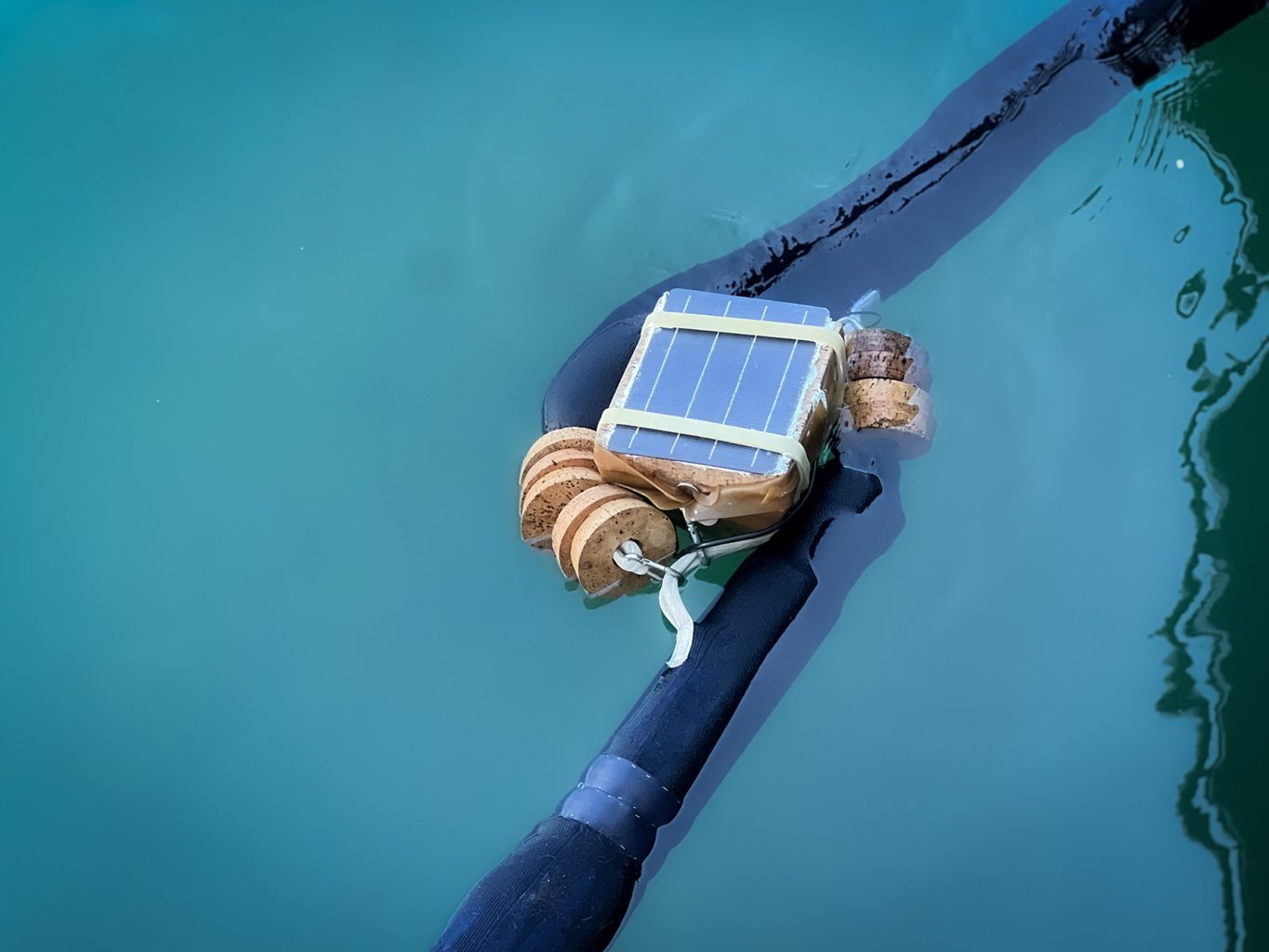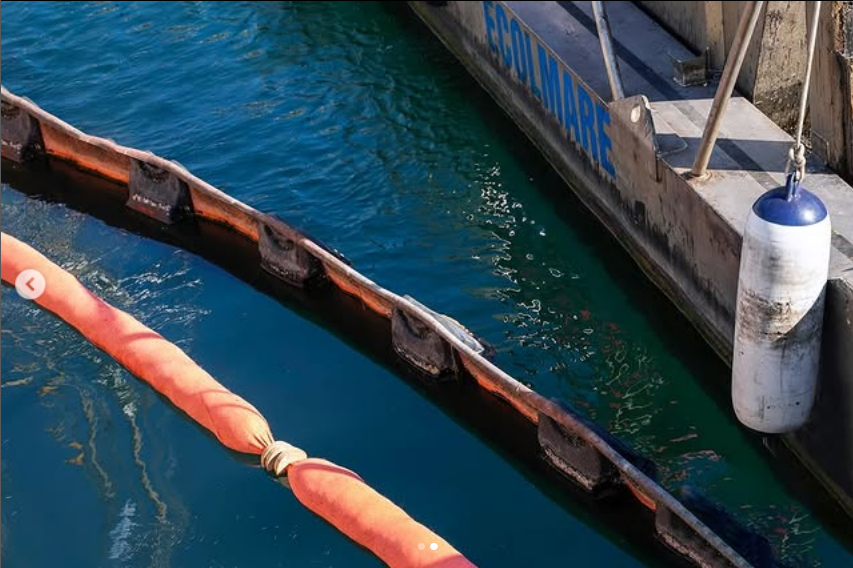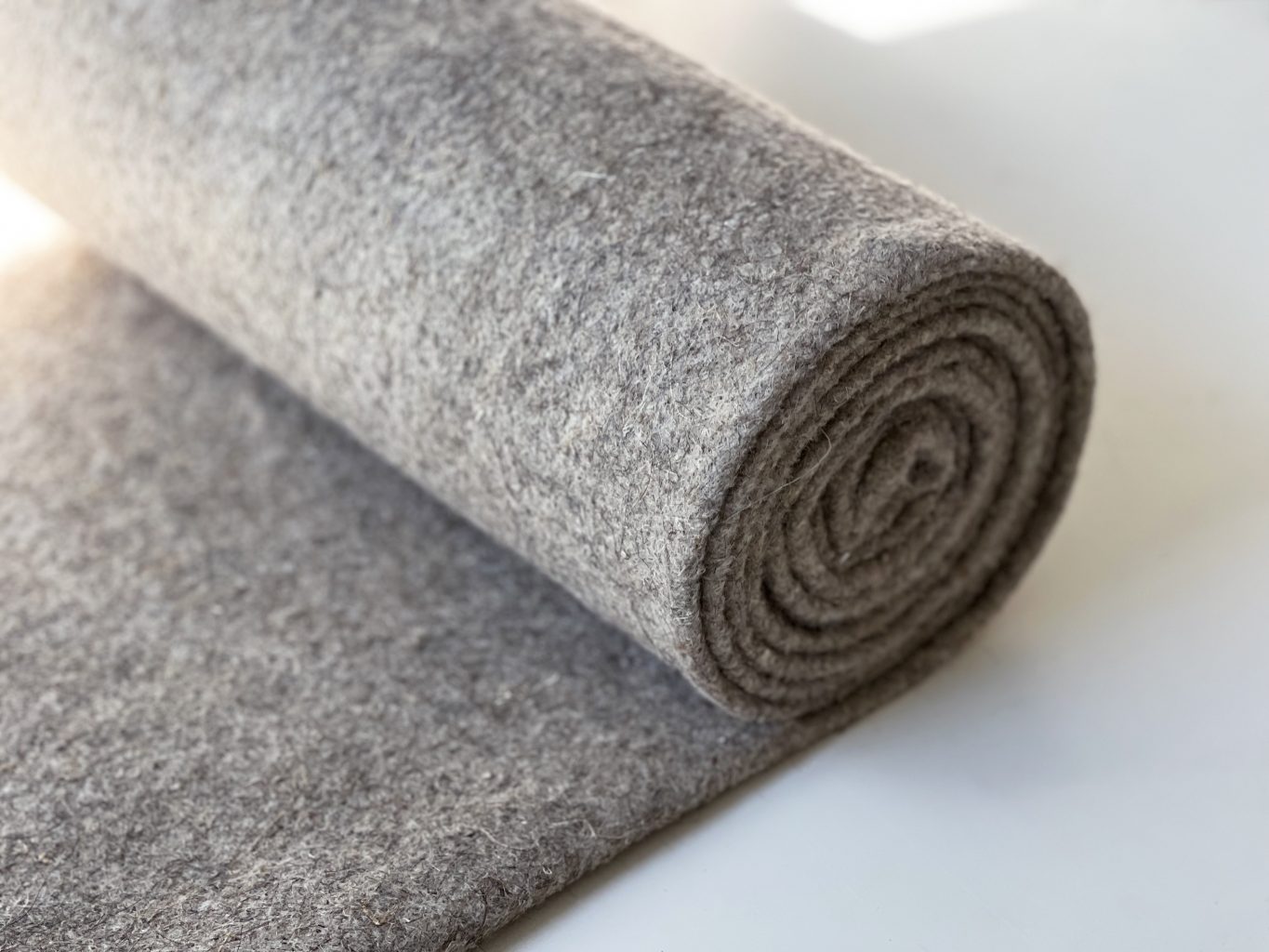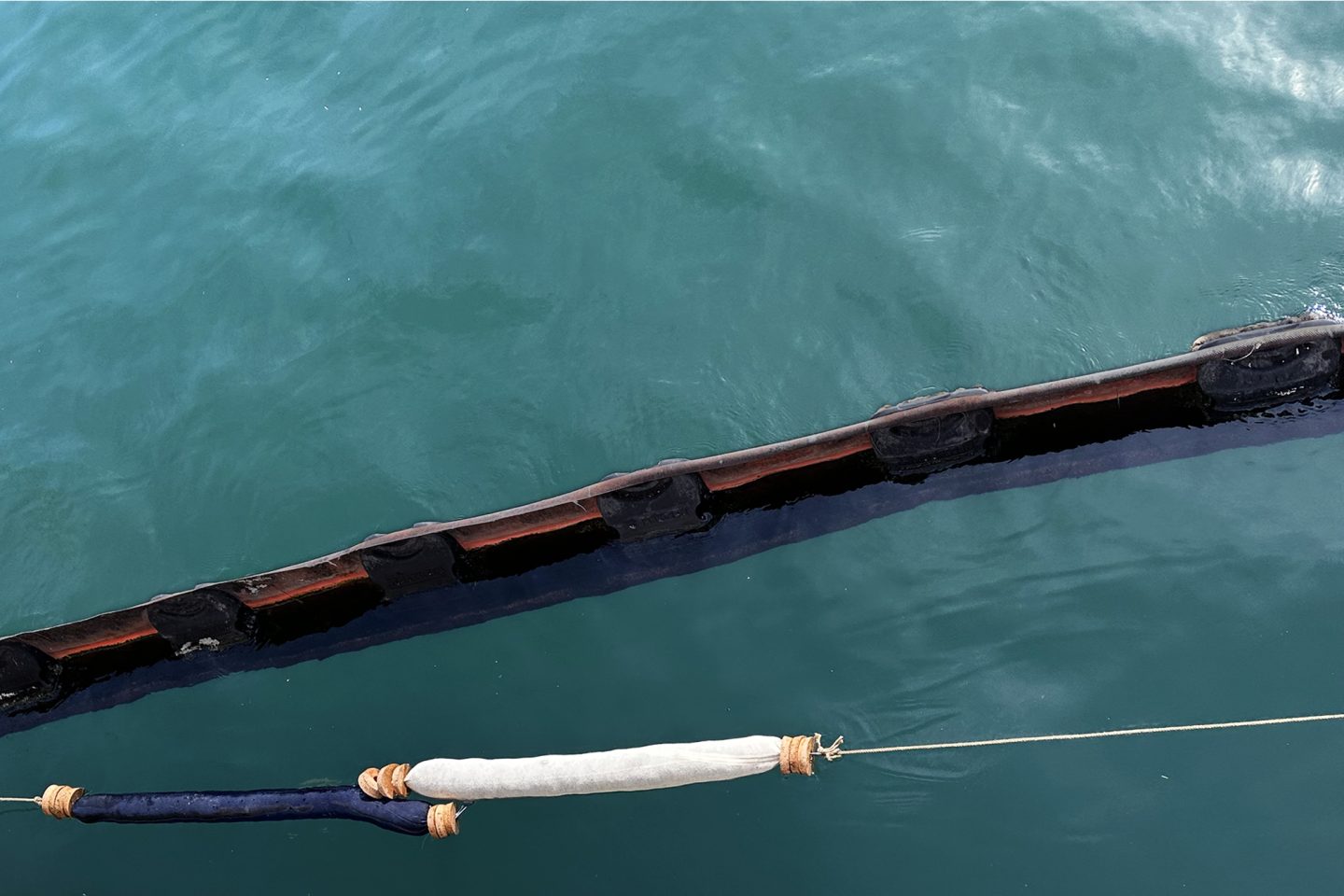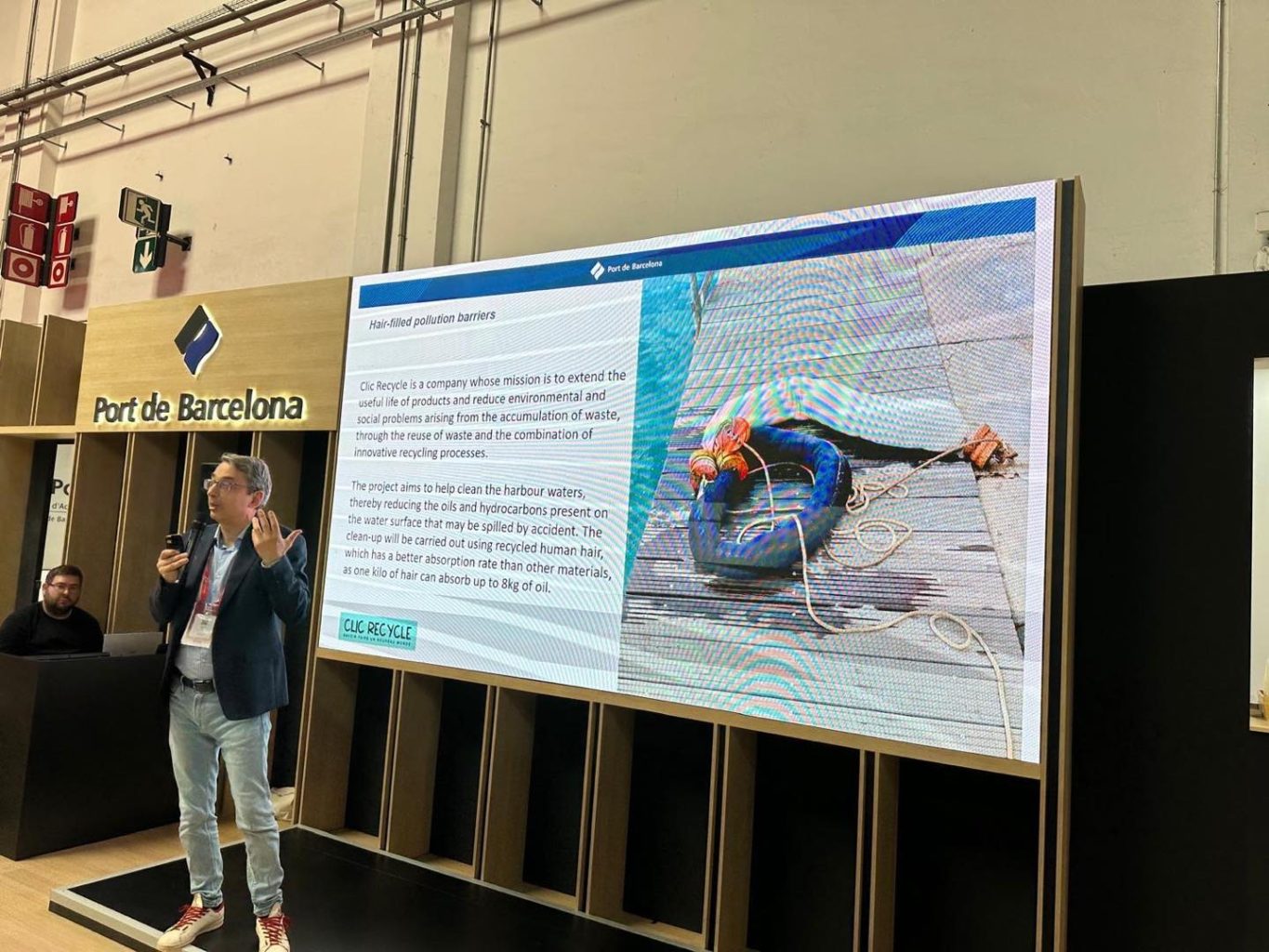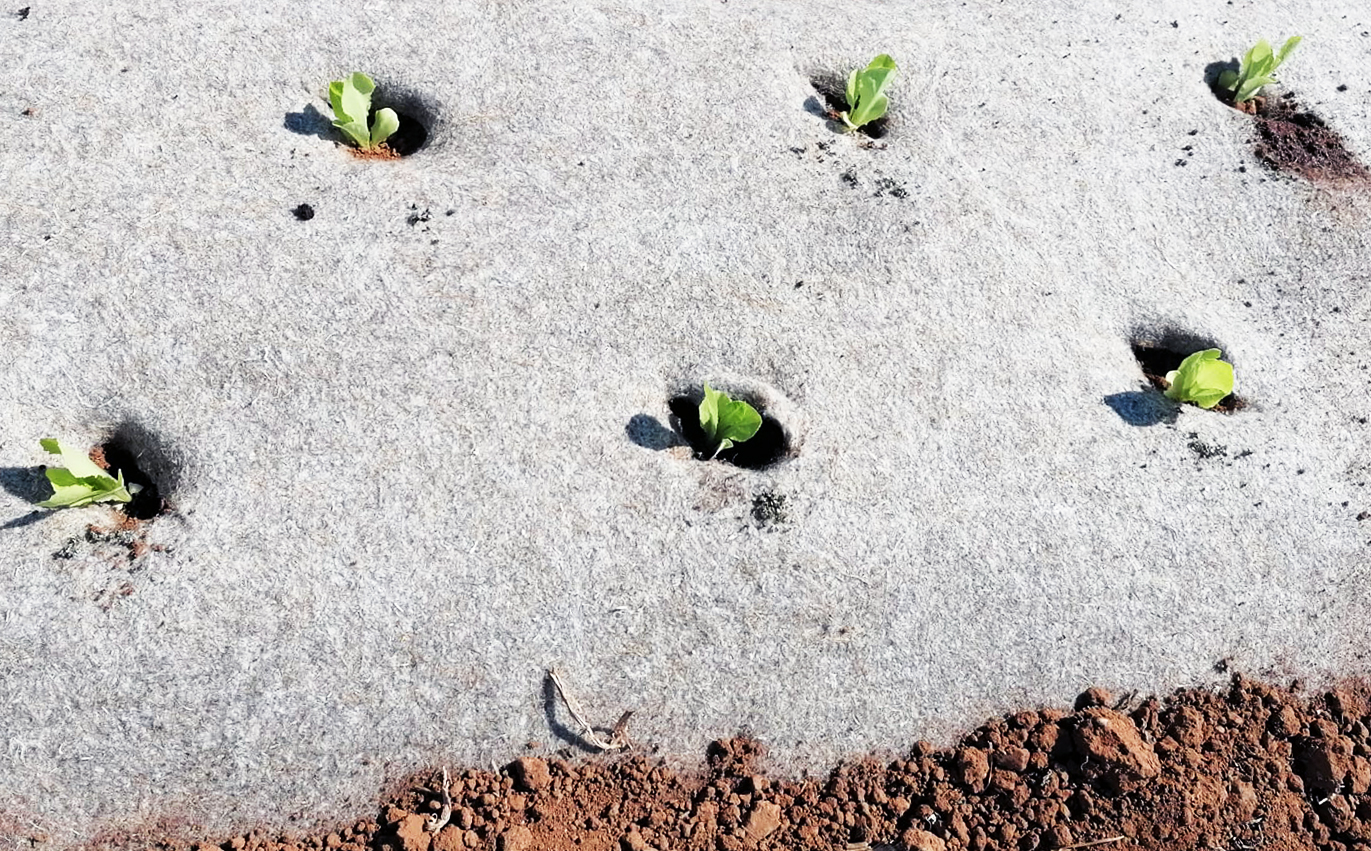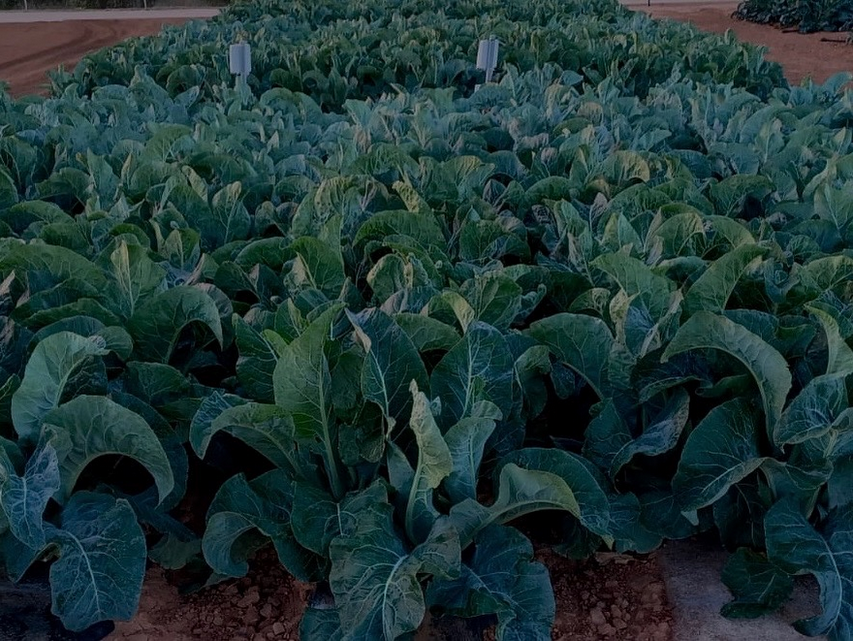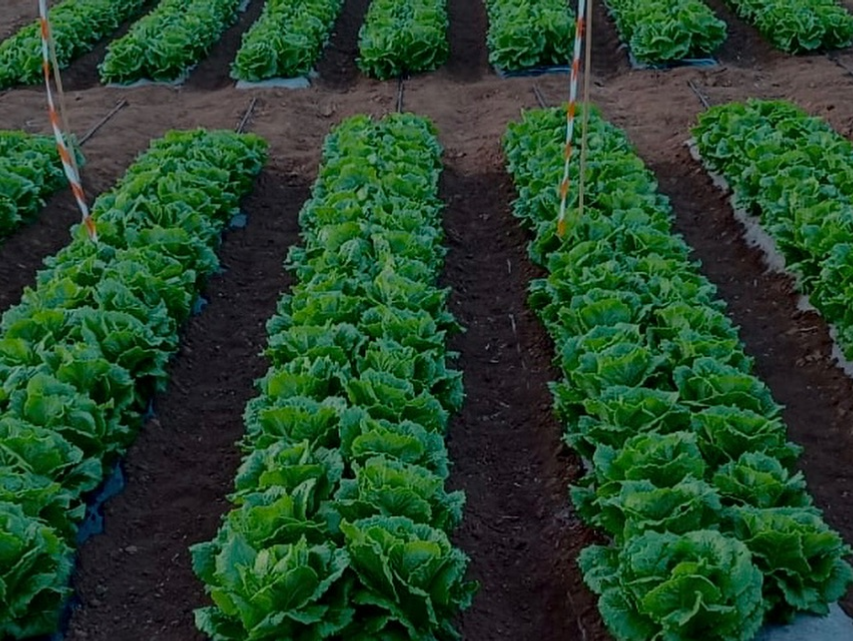For Valérie Itey, founder of CLIC RECYCLE, this journey began with inspiration close to home. Her grandfather’s work in vineyards, where hair was used to retain water in the soil, planted the seeds of an idea. After 25 years in the technology and business sectors, Valérie returned to this concept with a fresh, scientific approach. Today, her company integrates hair with biodegradable fibers to develop patented materials that support water conservation, regenerative agriculture, and more.
Barcelona, Spain
Resource Efficiency and Sustainable Waste Management
Each year, around 2.2 billion kilograms of human hair becomes waste, or ends up in landfills, releasing methane emissions as it decomposes. In the face of these challenges, CLIC RECYCLE, an innovative company based in the heart of Barcelona, is transforming an often-overlooked resource—hair—into sustainable solutions for some of the planet’s most pressing issues.
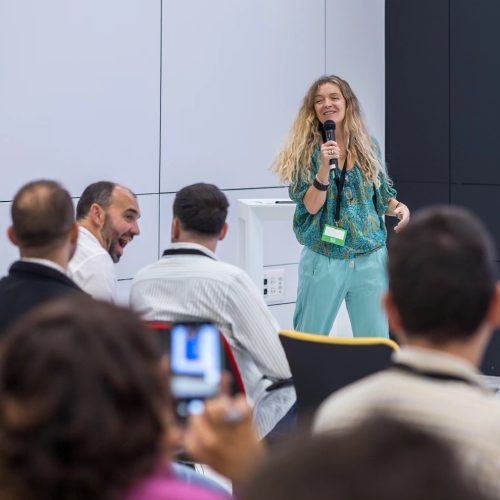
CLIC RECYCLE has achieved remarkable milestones, showcasing its innovative approach and growing impact. Partnering with institutions such as the University of Barcelona, UAB Autonomous University of Barcelona and the University of Almeria, the company has advanced research into using hair for environmental solutions. These collaborations underscore the scientific foundation of CLIC RECYCLE’s products and pave the way for scalable applications across diverse industries.
The company has also secured impactful partnerships. L’Oreal has teamed up with CLIC RECYCLE to implement exclusive hair collection programs in Spain and Portugal, while the Port of Barcelona is testing the company’s biodegradable sea decontamination barriers. Recognized for its groundbreaking work, CLIC RECYCLE has received prestigious awards, including the Vienna Business Agency UNIDO Entrepreneur Tech Award and the Valencia Rural Climaccelerator Iberian, cementing its role as a leader in sustainable innovation.
The real-world applications of CLIC RECYCLE’s products are already making a difference. For example, its biodegradable sea decontamination barriers are being deployed in ports and waterways to trap hydrocarbons and heavy metals, offering an effective and sustainable solution to water pollution. Meanwhile, its vegan biodegradable mulch reduces the need for chemical fertilizers while conserving water, and in cities, it prevents soil erosion in parks and green spaces, promoting sustainable urban landscapes.
CLIC RECYCLE’s commitment to sustainability is reinforced by scientific assessments of its products. “EU Life Cycle Assessments (LCA) conducted according to ISO 14040, reviewed by European experts for both products, demonstrate their superior environmental performance compared to conventional plastic-based alternatives.”
Adding a layer of innovation, the company integrates IoT technology into its products. Sensors embedded in the barriers and mulches provide real-time data on environmental impact, enabling industries and communities to track water quality, waste reduction, and carbon savings through an AI-powered platform.
The process begins at the source: hair salons. Collaborating with a network of salons, CLIC RECYCLE ensures that hair waste is responsibly collected, cleaned, and prepared for repurposing. The company has introduced a subscription service for salons, incentivizing participation while streamlining the collection process.
Once collected, the hair is combined with biodegradable materials to create CLIC RECYCLE’s patented products. These solutions, equipped with smart technology, not only tackle environmental issues but also provide measurable data to help stakeholders adopt and scale sustainable practices.
However, implementing such an innovative model comes with challenges. One significant hurdle is the inconsistency in the quality of donated hair. To address this, CLIC RECYCLE works closely with salon partners, ensuring the collected hair meets high standards. Valérie explains, “positive feedback and measurable success from our products validate the demand for our solutions, while partnerships with municipalities, salons, and industries demonstrate strong stakeholder recognition and market traction.”
Collaboration has been central to CLIC RECYCLE’s success. By working with research institutions, environmental organizations, and industry leaders, the company continues to refine its products and processes. This commitment to partnership ensures that it not only addresses today’s challenges but also drives future innovations.
For example, CLIC RECYCLE is exploring the use of hair-based materials in industries such as construction and design, with early research showing potential for replacing synthetic fibers in some applications. Additionally, the company is enabling hairdressers to become shareholders, aligning incentives and fostering shared governance and wealth within its network.
Valérie Itey envisions CLIC RECYCLE as more than a company—it’s a catalyst for a global shift toward a circular economy. Her dream is to see hair, with its many strong natural properties, leveraged in multiple disciplines to address challenges like clean water access, food security, and ecosystem restoration.
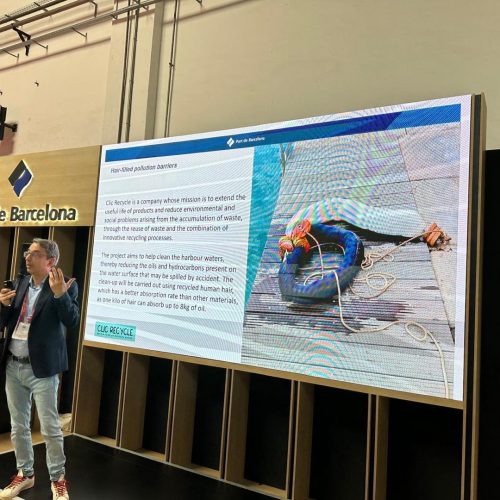
By transforming an overlooked material into a powerful tool for environmental restoration, CLIC RECYCLE is redefining sustainability. With its innovative approach, strong partnerships, and unwavering commitment to impact, the company is turning hair waste into an invaluable resource for a healthier planet.
Find out more in their website, follow them in FB, IG and LinkedIn.
